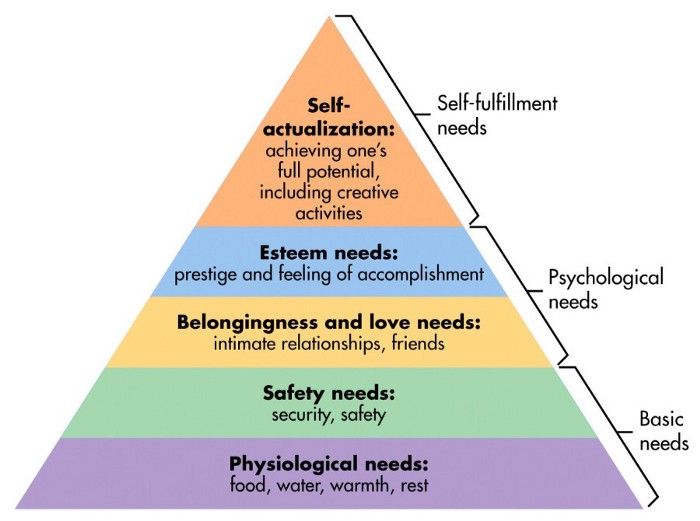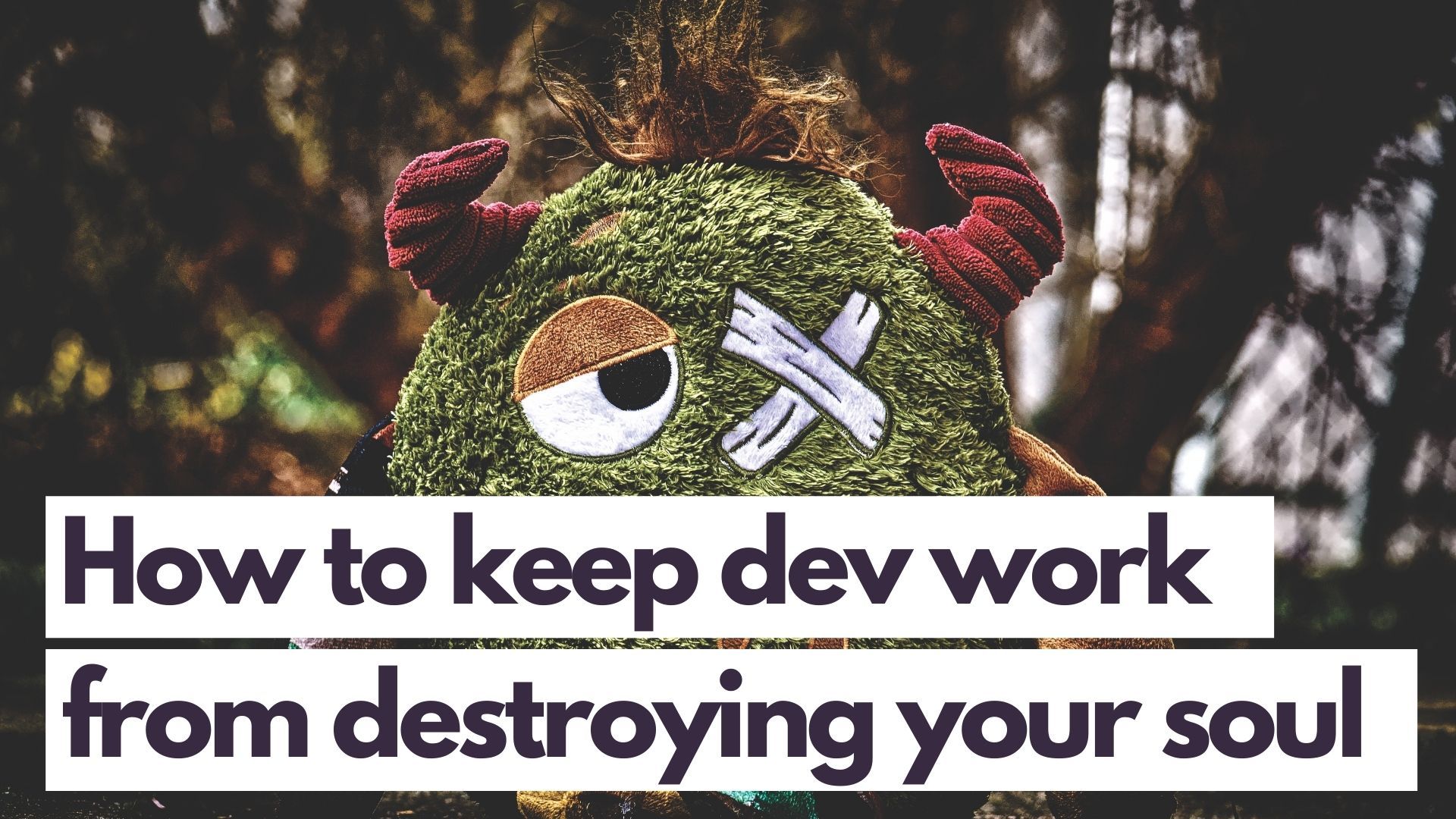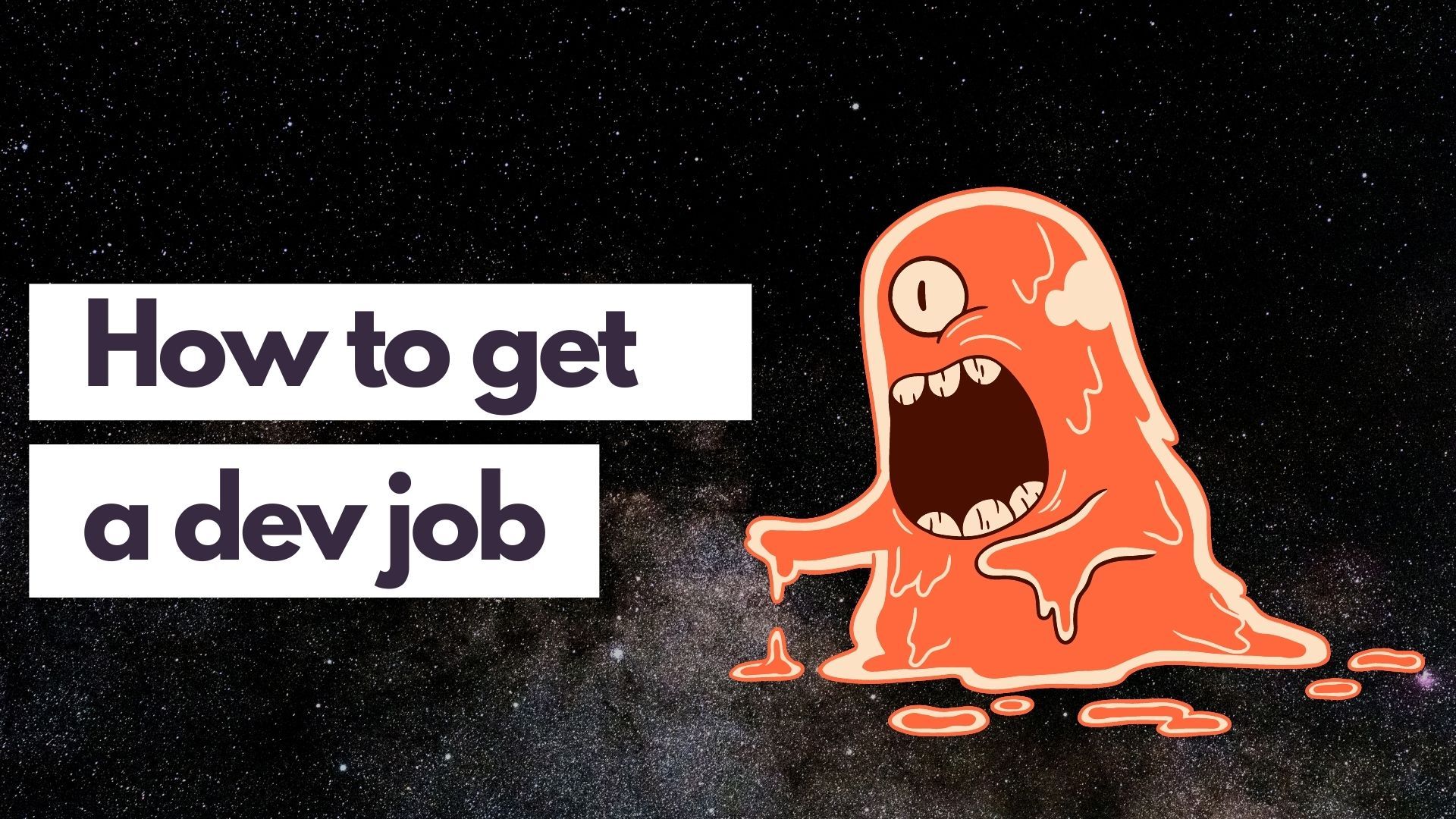Why Did You Want to Become a Developer?
Anchor yourself with your dream and not someone else’s

Becoming a developer is the latest industry trend that’s no longer limited to a select few. It’s a pretty low bar to entry to get started, with many opting for boot camps and self-paced courses that don’t really require any sort of prerequisite, except perhaps a strong interest in the subject and a desire to learn.
In short, becoming a developer is cool, with promises of grandeur and eventual $100k+ paychecks.
However, the reality of being a developer is more than just money. Sure, the pay is good and employment prospects are pretty high, albeit also very competitive, but the real question is: “Why do you want to become a developer?”
The Fuel Beyond the Paycheck
The old saying goes: money can’t buy everything — and, in most cases, this is correct. According to Maslow’s hierarchy of needs, humans require three sets of things to truly be happy.

The first tier covers basics, like living conditions and having a sense of safety. Money is usually the solution to this.
If you’re a renter on the brink of homelessness due to a competitive renter’s market, having a well-defined job that landlords can understand and trust often helps with the applications. A tech job is often one of those things that fall into this category.
This is because there is an expected level of income with a generalized feeling of stability that comes with a tech job. While the reality may not always be correct, the perception is there.
The second tier deals with relationships and self-esteem. Forming new and true friendships in adulthood is a tricky one. Sometimes, you think a colleague is a real friend, only to discover that you misinterpreted the niceties and that they’re only an acquaintance.
You both say you’ll keep in contact but no matter how hard you try on your side, it only goes as far as an awkward ‘seen on Messenger’.
Being in a dev job can often result in these kinds of relationships, in the same vein as any other job, and they only truly reveal themselves after you’re gone from the premises. It can leave you feeling jaded and down until you make new ‘friends’ at the new place.
Many of us get stuck trying to master this second tier, often entering into a cycle of fake friendships that don’t truly add value to our personal growth. It’s like being at high school and being stuck with your specific cohort for half a decade.
The truth is, the second and final tier can occur in conjunction with each other. The third tier deals with the idea of self-fulfillment — the actualization of one’s potentials and dreams by using your skills and tenacities to achieve something higher and beyond yourself.
When you chase after the third tier, you start to attract the right sort of people into your circle of active relationships.
The dev paycheck is only foundational. It’s the type of work that truly matters.
Creators of Code, Creators of Products
Successful businesses are able to sustain a profit because they’ve discovered how to solve a particular problem. Business owners hire resources to create solutions. The difference between your paycheck and how much output your team generates is what the originator of that idea gets to keep.
As developers, we become a movable resource that sits in a particular space in the value generation machine. We create code to create products. As developers, we are the human component required to generate digital outputs. Marketing then takes it and does the selling.
That product itself is often the dream of someone else. We trade our time in exchange for a paycheck to achieve the first tier of Maslow’s hierarchy of needs.
Some of us are content with the transient nature of office friendships. Some employers are also fantastic at realigning your sense of personal purpose with their visions and strategies, giving you a false sense of having reached the third and final tier of self-actualization.
It’s false because it’s beyond your personal ability to control. If you happen to find yourself suddenly unemployed, that third tier will disappear as quickly as a rock hitting the ground.
What’s Your Dream?
The thing with traditional employment is that it used to work. As more people enter the industry, there is more choice overall and you become a dispensable resource that is highly replaceable, possibly at a cheaper rate.
Beyond the potential paycheck, there is often a reason why we start learning how to code in the first place. Maybe we just wanted to make a game, or perhaps create something to the specifications of our ideas. Whatever it is, code is one of the tools that is supposed to get us there.
But then we get sidetracked by the potential stability provided by the paycheck. Implementing our ideas cold-turkey is often viewed as too much of a risk — and it is. There is no guarantee that your dream will ever generate enough to fulfill the financial needs of the first tier.
However, to not chase after it at all discards your true potential to feel internally fulfilled.
When you define and keep sight of your dreams, it acts as a compass for your journeys in life. It takes a certain level of soul-searching and deciding to act upon your discoveries to truly work your way towards real self-actualization.
Sometimes, you don’t know what those dreams are and it takes some experimentation to figure it out.
So, How Do You Actualize Your Dreams?
As developers, we are in the business of creating code. It is a skill that gives us one of the biggest leverages against anyone else that has a dream. We know how to create systems and materialize ideas in digital form.
For many, it is a hard skill to pick up and learn. The workplace acts as a good training ground for creating real products for real people.
When you start viewing your workplace as a resource to get you to where you want, it can change your perspectives towards your employer. The relationship of being a resource can work to the benefit of both directions.
To actualize your dream, you need to do. But first, you need to ask yourself: “What is that dream?”
The dream isn’t a monetary value but a grander goal to be or be able to do something. It’s a life vision — a future state of existence where the products of our output act as the stepping stones to help get you there.
It is your end game and without one, you might accidentally find yourself stuck with a sense that you’ve floundered away x number of years.
The act of actualizing your dream is to implement those stepping stones, whether it be on the side whilst working at your day job, or on weekends instead of binging on Netflix.
Sometimes those stepping stones sink, sometimes they stay put and help you get to the next stone. You just need to keep figuring out what and where those stones are and keep moving towards your final goal.
Final Thoughts
“We’re all stories, in the end. Just make it a good one, eh?” — Doctor Who, season 5, episode 13, The Doctor
Maybe this need to feel fulfilled is a generational thing or is limited to a subsector of people who enter the tech field. Some of us are alright with the status quo and bringing home a steady paycheck. There’s nothing wrong with that.
But for some of us, the status quo is not enough.
When we anchor ourselves in our dreams, we don’t easily get sidetracked by the dreams of others.
Jobs exist because someone had a dream. Depending on which side you end up standing on, you either become the person helping another fulfill that dream — or the person with a system that fulfills your own dreams.



Comments ()